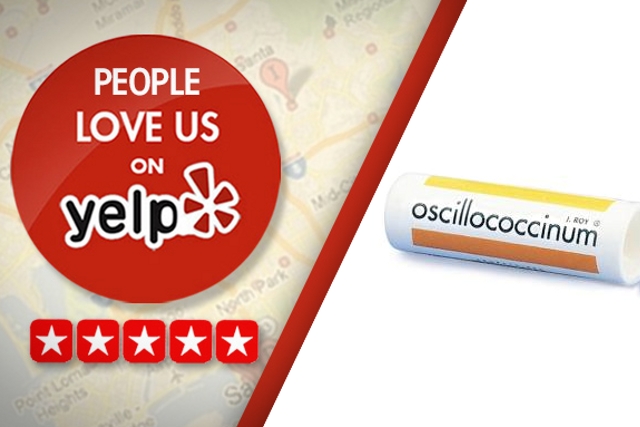Donald J. Trump’s pick for the head of the FDA is a longtime opponent of the FDA, but one of his deleted tweets has one of the most spectacularly awful ideas I’ve ever heard.
***
Gizmodo is reporting that Balaji S. Srinivasan, Trump’s pick to lead the FDA, has deleted all ~11,000 of his twitter account’s tweets. But, of course, they’re all available on the wayback machine, and frankly someone from Silicon Valley should really know that. Once something’s on the net, it’s there forever.
Anyway. One thing he tweeted a while back during one of his many, many anti-FDA tirades is the single dumbest idea I’ve heard this week. Here:
Yes, that’s right, he’s suggesting that “a Yelp for Drugs” would do vastly better than the regulatory agency he will soon be heading up.
The FDA does (at least) two very important jobs. It (a) does its best to guarantee drug safety, and (b) does its best to guarantee drug efficacy. Let’s be kind and assume for a moment that what he’s talking about is replacing just the second, because if he’s expecting online user ratings to address drug safety and not just efficacy, then lots of people are going to die finding out whether new drugs are safe. It’d be like going to a normally well-liked restaurant and having a bad meal, except instead of a bad meal you die because we didn’t have a system in place to assure that while it worked in nine out of ten people, it didn’t also murder the tenth.
But even if we’re just talking about neutering the FDA’s ability to determine effectiveness and replacing it with a user rating system, there are plenty — plenty — of things wrong with the idea.
The first is that it would confuse user experience with clinical effectiveness.
Nobody likes taking chemotherapy drugs. In point of fact, most people hate taking chemotherapy drugs. And sometimes it’s hard to tell if they’ve been effective. Imagine you have a cancer where you do four rounds of chemotherapy before they remove the organ that’s cancerous (this is often the case, because it increases survival odds). The patient doesn’t even have the necessary qualifications to tell whether that’s increased their odds of survival or not. Maybe just having the surgery would have been enough. Oh, and the people that died? They wouldn’t be leaving reviews, either. So you’d get a bunch of people leaving bad reviews because they couldn’t be convinced it helped, and it was really uncomfortable, and you’d get a bunch of missing reviews from the people it simply didn’t help enough to survive.
The next, closely linked problem is that it would confuse opinion with expertise. The FDA is staffed by trained scientists, whose perhaps convoluted process (I’m not saying it’s perfect, or even particularly efficient) forces drug manufacturers to prove efficacy to a suitable level of scientific rigor that the average patient simply cannot engage with. It would lead to the replacement of controlled trials and expert review with data dumps of user feedback produced by non-experts. This is not helpful.
Finally, it would create incredibly dangerous incentives. Your early-adopters would face the very real risk of substituting an ineffective drug for an effective one (because there wouldn’t be enough reviews to even begin to help), leading to negative health outcomes up to and including death. This would drastically reduce early adoption of new treatments, which would likely be followed by incentive schemes by the drug manufacturers to try to convince people to enroll. Add to that a country where not everyone has medical insurance, especially the poor and vulnerable, and you have a perfect recipe for using the lower classes as cannon-fodder for widespread pharmacological testing.
The reason we test drugs for safety and efficacy before making them legal is that even a safe drug that doesn’t work is dangerous.
Plus, you just know we’d get a thousand positive reviews for the efficacy of homeopathy and it still wouldn’t do a damn thing.
So a Yelp for Drugs? Thanks, but no thanks. I’ll stick with a functioning regulatory agency, please.
***
Thanks for reading! Except for the very *very* occasional tip (we take Venmo now!), I only get paid in my own (and your) enthusiasm, so please like This Week In Tomorrow on Facebook, follow me on Twitter @TWITomorrow, and tell your friends about the site!
***
Richard Ford Burley is a human, writer, and doctoral candidate at Boston College, as well as Deputy Managing Editor at Ledger, the first academic journal devoted to Bitcoin and other cryptocurrencies. In his spare time he writes about science, skepticism, feminism, and futurism here at This Week In Tomorrow.


